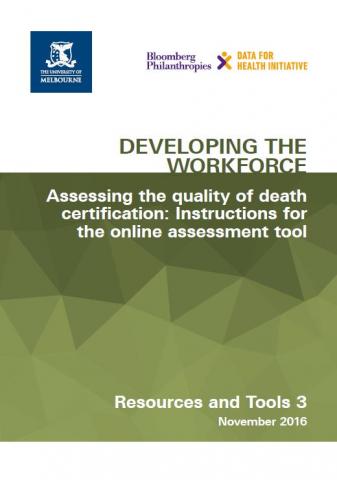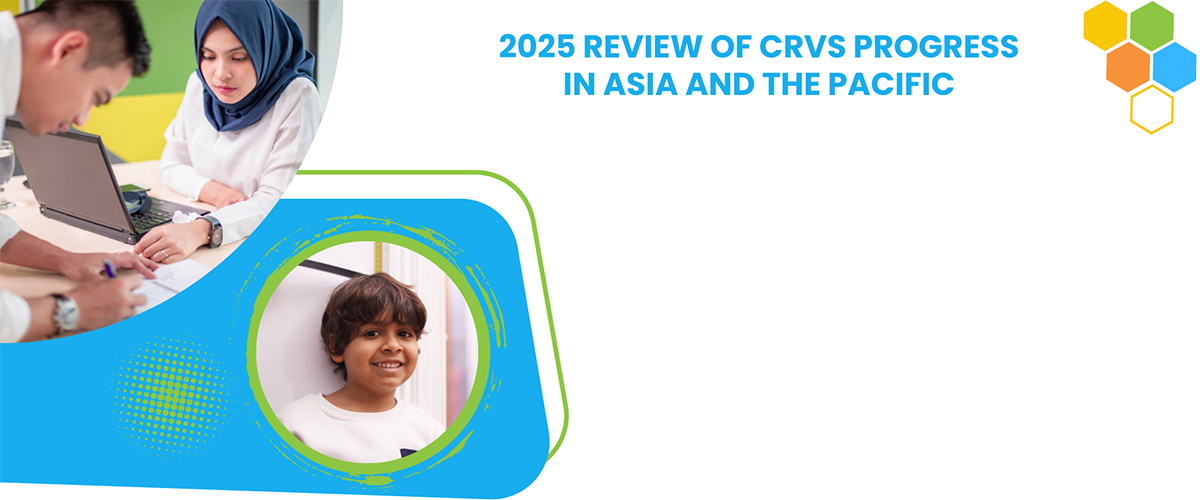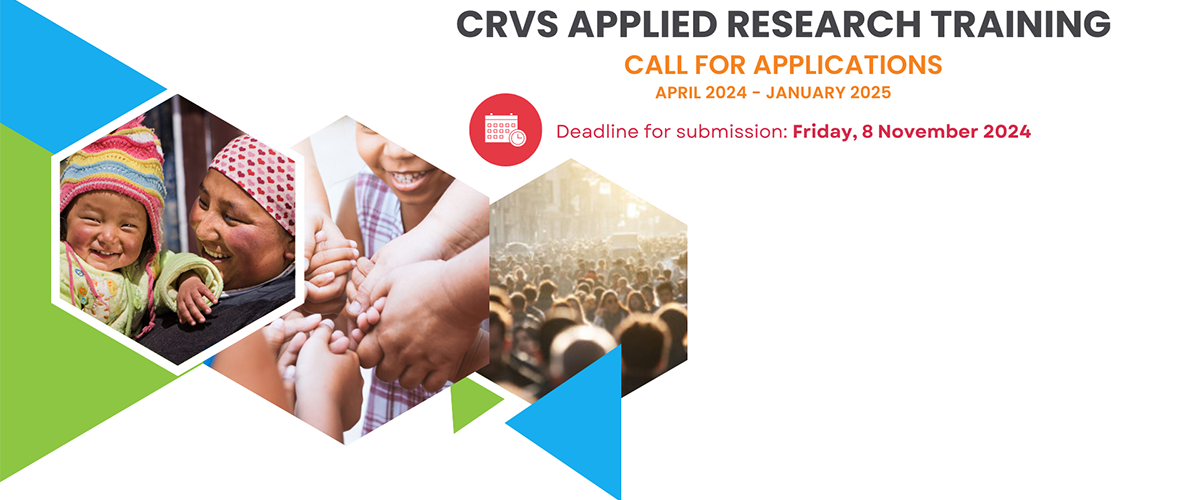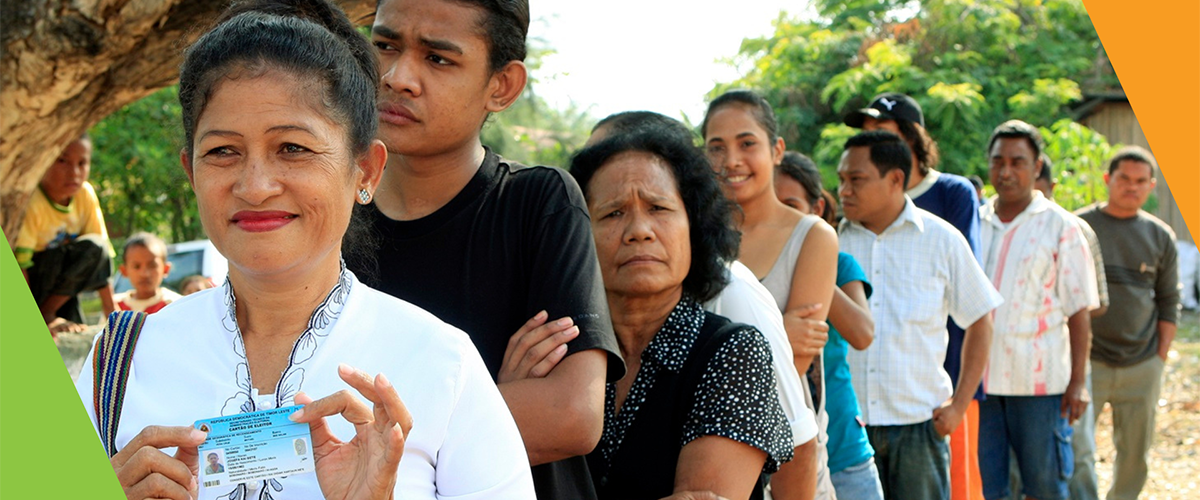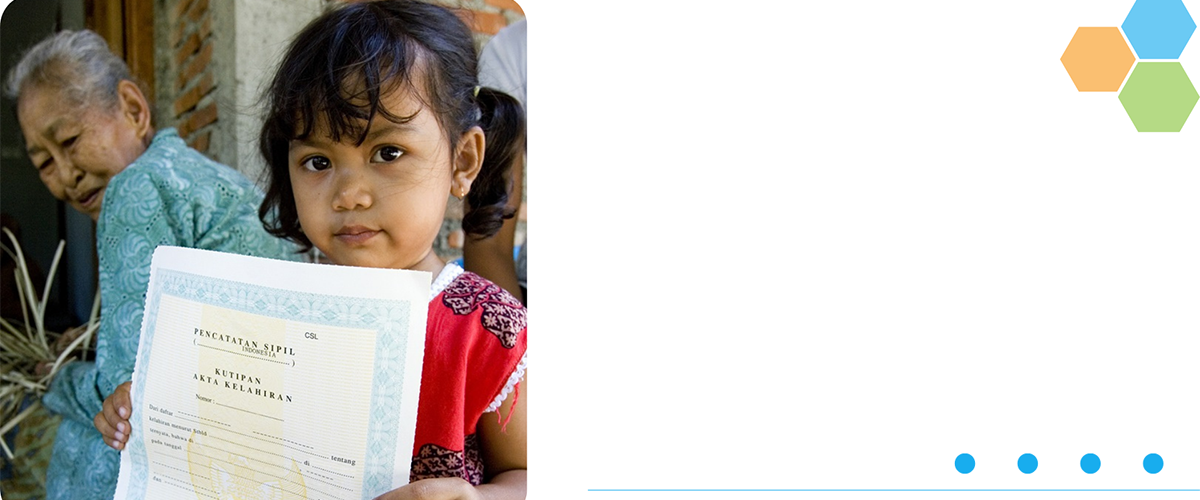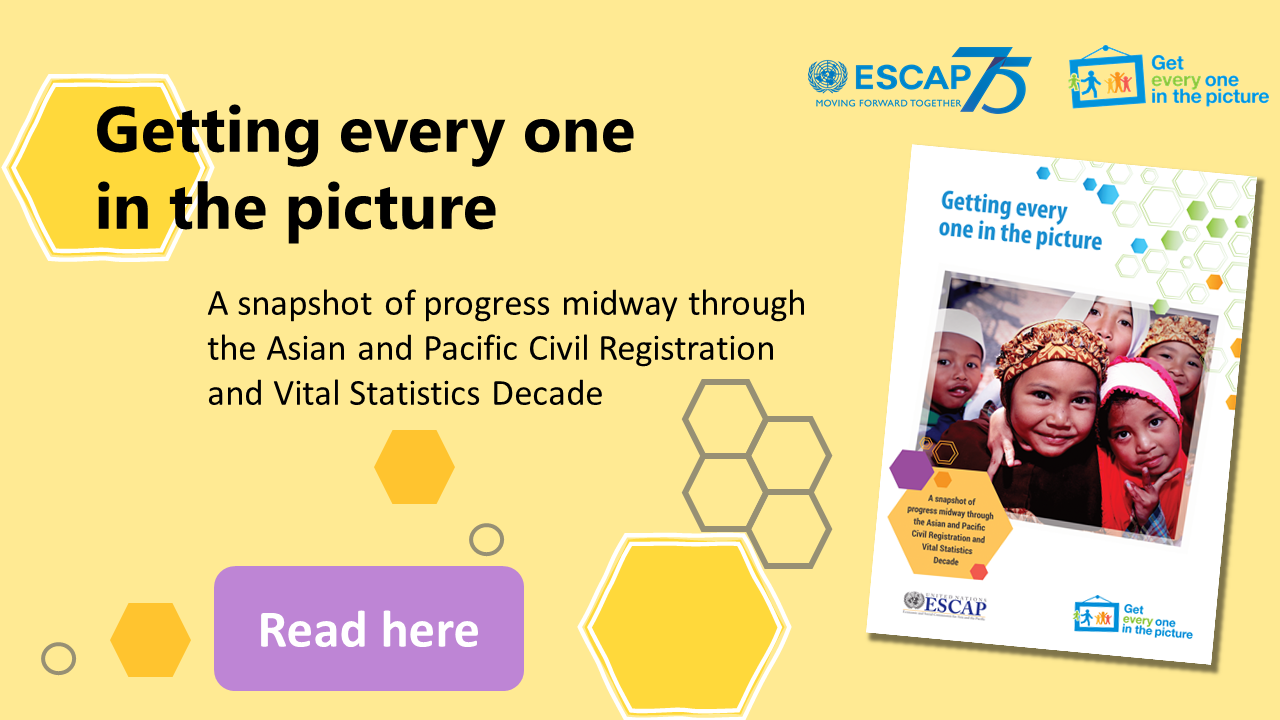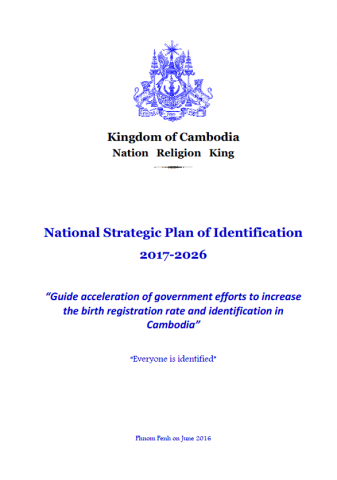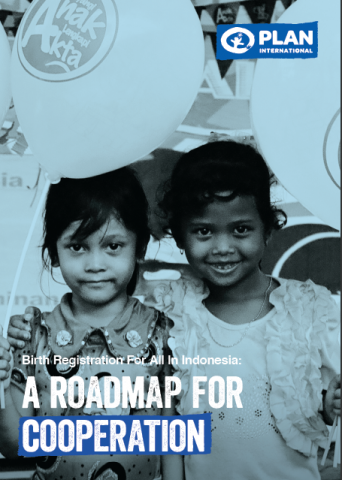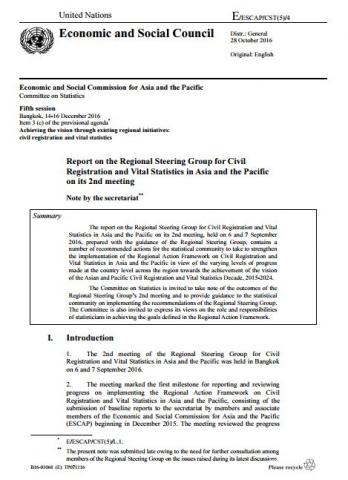Assessing the quality of death certification- Instructions for the online assessment tool
The Civil Registration and Vital Statistics (CRVS), Data for Health Initiative (D4H), at The University of Melbourne has developed an assessment tool to assess the quality of death certification practices through checking for the presence of common errors in death certificates. This can be used to assess the quality of death certification as part of routine assessment, or to assess the training needs of doctors in designing cause of death certification training.
